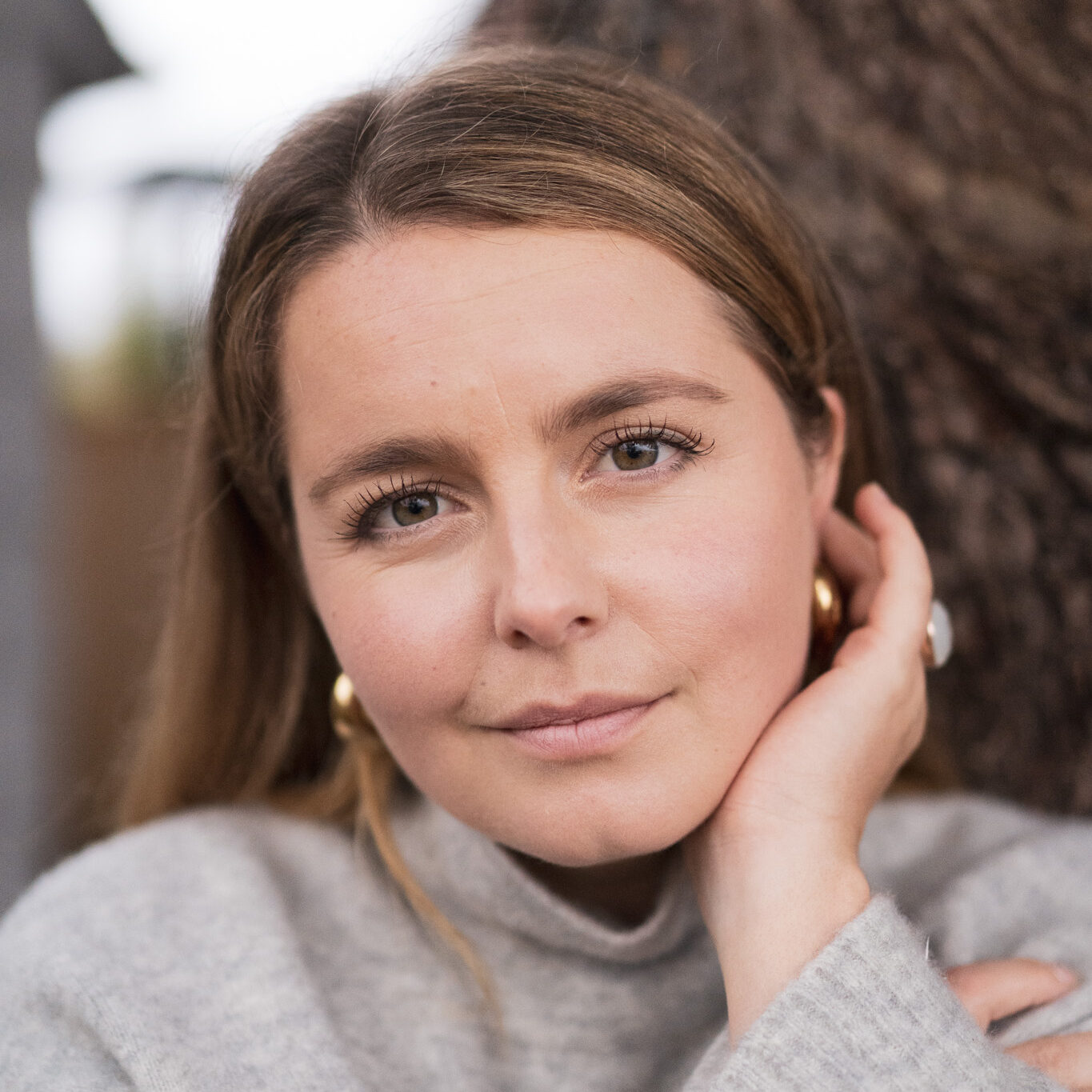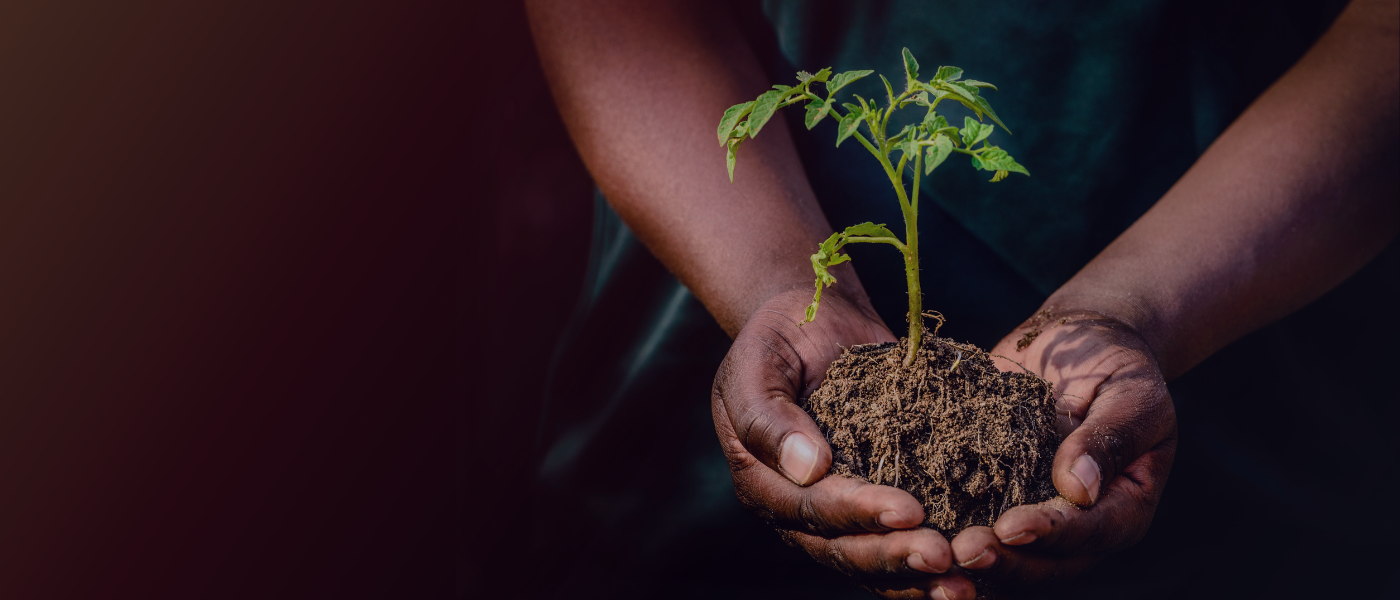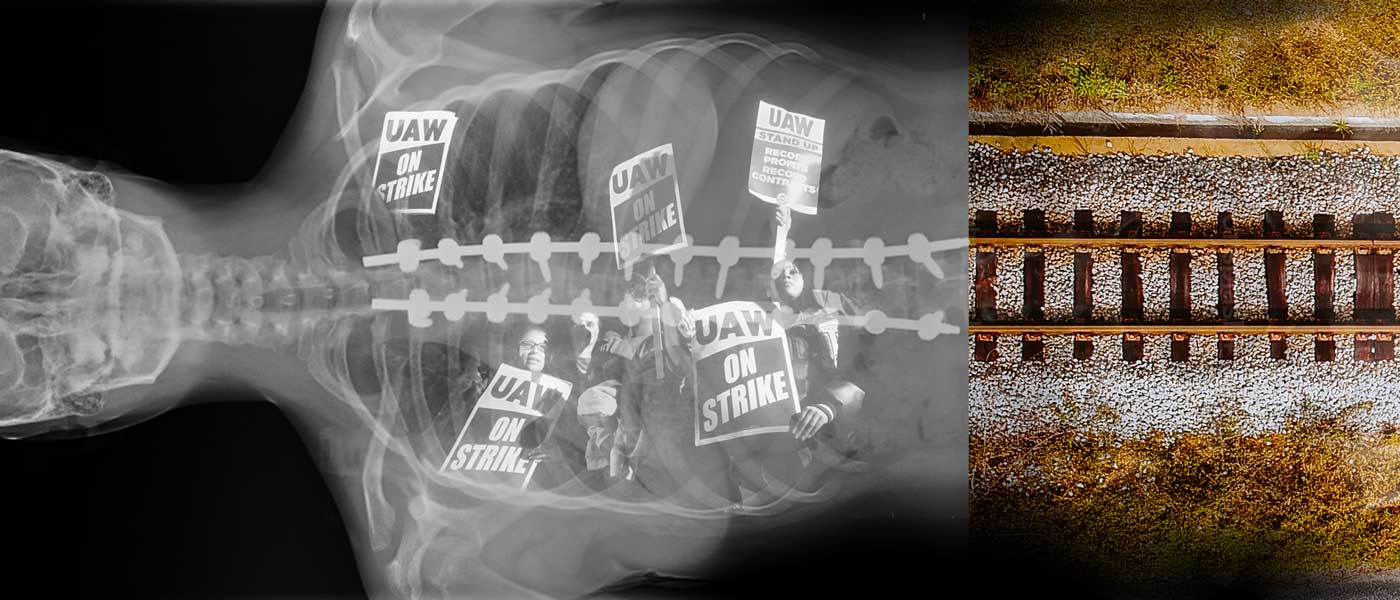Editorial Note: Emily Parzybok was a Finalist for our Editors-in-Chief position for our 2024 Community Anthologies. We invited our finalists to write a short piece on the topic of their proposed anthology. Below, get insight into “On Desire,” the anthology topic that Emily had proposed for their Community Anthology.
Lately, I’ve been circling the drain of my own desire. Maybe because I’m uncertain of it. I’ve been probing my desire, interrogating it, asking questions to try and pin it down. Why was I most certain of what I wanted when I was cheating? What is it about being pursued that makes desire feel impossible? Why am I more able to imagine my own desire in the past or future tense than in the present moment? The query that frightens me most is this one: how many of my desires are inherited and from whom? By this I mean: how much of my desire is actually mine?
These questions of desire opened up larger questions for me – questions of how we navigate consent with another body in a room when our own desire is so complex, context dependent, and, often unclear. In the wake of #MeToo, I wondered how affirmative consent as a framework could house my own experiences of sex and desire. I reflected on the way that the moments I said yes—said yes but meant no—were more painful in my memory than moments of overt violence. Where did that reality fit into this new framework? I’m grateful for #MeToo and the brave sharing of stories. Simultaneously, I’m disappointed in a model of consent that hinges exclusively on an enthusiastic yes. Just ask for what you want! Who is this person who knows exactly what she wants? I wonder. She is certainly not me.
How is consent a kind of spatial awareness? How might we train consent like we train the ability to clean a room? Is communication a magic bullet for consent or ultimately a lost cause? I ask these questions knowing I will not arrive at tidy answers. The fumbling is the point.
When I talk to others about this topic, a trend emerges: people confess. Everyone spontaneously spills their own proclivities, fears or hauntings. They raise their doubts about how to handle consent. They tell me about a desire they’re ashamed to admit. The sharing is instinctual and speaks to a gap in our shared cultural context, to all the questions that haven’t been answered. It is critical and important that we have a public conversation about consent that includes thornier, unsettled questions and narratives that cannot be solved in a legal setting. We desperately need to address our collective lack of knowledge in the arena of sex and intimacy. These are subjects banished from so much of our daily discourse. The university trainings, the legal trials, the public confessions – they are steps towards bringing this dialogue forward. But I worry we’re having the wrong conversation, one focused on punitive measures and reliant on a kind of certainty I doubt exists. We keep sharing information because the lack of clarity feels frightening. We have yet to find a way to talk about the fear.
Sometimes I think we alienate our desire and a conversation about consent because it makes us feel alien. Even as I attempt to complicate my own thinking, I find myself trying to harness the mess into tidy arguments. It resists. The ideas are magnets with the same charge. They slip past one another without touching. My hands fly in opposite directions, pushed by their force. I try again and again to make the ends meet.




